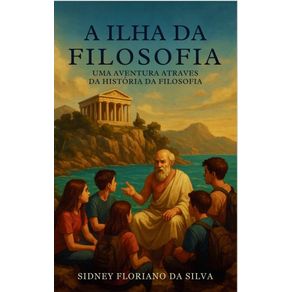-
DEPARTAMENTOS
- ANIMAIS DE ESTIMAÇÃO
- ARTES
- AUTO AJUDA
-
BEM ESTAR E LAZER
-
CATEGORIAS
-
-
CULINÁRIA E GASTRONOMIA
-
CATEGORIAS
-
-
ESPORTES
-
CATEGORIAS
-
- INFANTIL
-
RELIGIÃO
-
CATEGORIAS
-
- ADMINISTRAÇÃO E NEGÓCIOS
-
CIÊNCIAS BIOLÓGICAS E NATURAIS
-
CATEGORIAS
-
- DIREITO
- ECONOMIA
-
MEDICINA
-
CATEGORIAS
-
-
TODOS DEPARTAMENTOS
-
INTERESSE GERAL
-
LIVROS TÉCNICOS
-
- DISCIPLINAS
- ACESSÓRIOS
- FORMATURA
- PAPELARIA
Give Space My Love
Cód:
491_9780940530010
Give Space My Love
Autor:
Código:
491_9780940530010
Vendido e entregue por Um Livro
Who is the real Dr. Stephen Hawking? Is he a detached Spectator seeking a mathematical description of a deterministic, objective reality – ‘out there’? Or is he an embodied Participant in the universe seeking to bring about a more desirable future? The timeline of the book is a four-city lecture tour the author organized for Hawking in the early 1990s (Portland, Eugene, Seattle and Vancouver BC). Hawking’s powerful meetings with students with disabilities, officially collateral events, were remarkable. However, the greater significance of these ‘stories of the road’ is better appreciated in the context of the central narrative question of the book: the nature of the universe and our place/role in it.The author, a philosopher of science (Berkeley, London), engages Hawking, his graduate assistants and eventually his nurses in what starts as a critical review of the ‘new physics’ of Einstein, Bohr and Heisenberg. The question of the limits of classical science expands to questions of the limits of all supposedly objectivist, ‘one right answer’ ideologies – in biological, socio-economic, and political realms. Is everyone ‘really’ selfish? Is the world objectively competitive or cooperative? In a parallel critical review of the ‘new philosophy of science’ the contributions of the author’s mentors, Feyerabend, Lakatos, Kuhn and Popper mark a parallel path to complementarity, undermining the Spectator representation of detached ‘objective’ inquiry.Through his personal interactions Hawking reveals himself as a Participant, concerned with ‘how we should live’. He steers us toward a more desirable, moral future.The new post-scientific Participant understanding of the universe requires a paradigm shift to a More General Theory that can both explain the successes of science and yet understand them in a new way. In the More General Theory, our embodied Pa
Veja mais

































